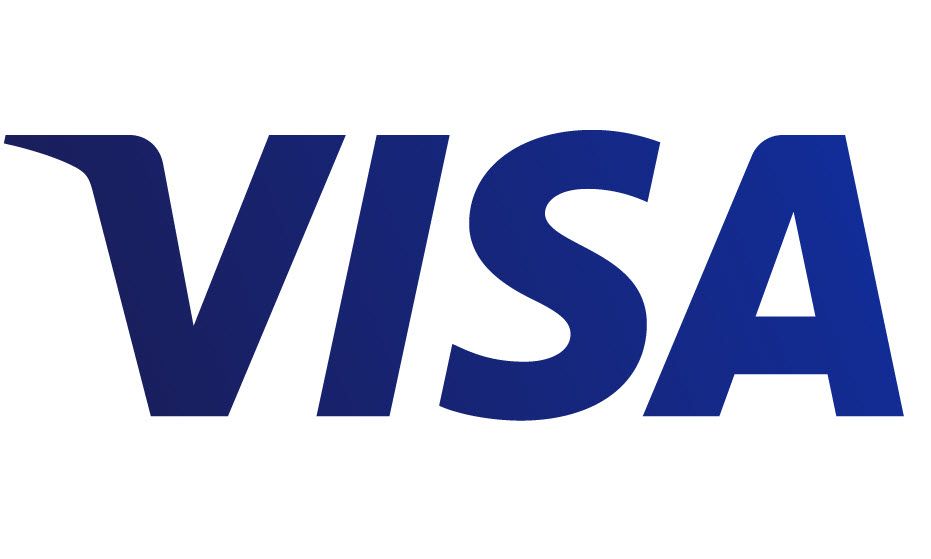New Detail
Visa Technology Extends Mobile Payments into More than 12 European Countries by End of 2017
21/02/2017

London, 21 February 2017: At the launch of its new Innovation Center in London today, Visa Inc. (NYSE: V)announced that, by the end of this year, more than 12 European countries are adopting the Visa Token Service, a new technology that makes mobile and online payments more secure and convenient by replacing the consumer account information with a digital identifier.
The technology is already supporting mobile payment schemes in 27 countries worldwide, including in France, Ireland, Poland, Switzerland and the UK, with more than 1,300 financial institution partners. Visa is working with its clients and partners to extend the use of the technology to more countries and to online payments.
Pioneered by Visa in 2014, the Visa Token Service is the technology that underpins popular mobile payment services including Apple Pay and Android Pay, providing consumers a secure way to load and access their payment account on a mobile device. The technology sits at the heart of Visa’s IoT (Internet of Things) vision, enabling secure and convenient commerce on any connected device, such as phones, tablets, wearable devices, even automobiles and appliances.
Sandra Alzetta, Executive Director Digital Solutions for Visa:
“Since 2015, we have seen people throughout Europe embrace mobile payments. Next on Visa’s horizon is expanding our token service to give merchants an easy way to safely store the customer account information they keep on file and enabling secure commerce with a broad range of connected devices.”
Key Growth Drivers for Mobile Payments in Europe
Security, convenience, and an increase of retail locations equipped with contactless payment terminals are key factors driving the adoption of mobile payments across Europe. Visa’s token service technology is providing consumers with peace of mind when shopping with mobile devices, offering a seamless purchasing experience for every day purchases from commuting to their morning coffee and entertainment. In addition, European merchants are increasingly installing new technology that supports payments with both cards and mobile (NFC) devices.
- In Europe, the top five popular merchant categories for mobile payments are restaurants, supermarkets, transit, convenience food and drink, and leisure and entertainment.
- When using their mobile device to make a purchase, European shoppers spend an average of €9 in store and €41 online.
- When travelling abroad, Europeans have used their mobile device to make purchases in 91 countries around the world, demonstrating that people feel safe and secure using their smartphones or tablets when shopping in another country.
- There are more than 1.2 million merchants in Europe that accept contactless payments by cards and mobile devices[i] in store, driving more than five billion contactless purchases by European Visa account holders[ii]. This represents 32% of all Visa-processed transactions at physical retail locations[iii]
Enabling Internet of Things (IoT) Commerce
Visa’s Token Service and ability to remove sensitive consumer payment account information from purchases in digital channels is foundational for secure commerce with a broad range of (IoT) connected devices, from a watch or ring, to an appliance or car.
Visa’s global collaboration with IBM, announced last week at the opening of IBMs new IoT Watson Research Center in Munich, is designed to do just that and is rooted in a shared vision and belief that we can securely embed payments and commerce into many of the 20 billion connected devices estimated to be in the global economy by 2020[i].
As part of the collaboration between the two companies, IBM’s Watson IoT clients, we will make the Visa Token Service accessible through a network of token service providers (TSPs) as part of our Visa Ready partnership program.
[i] Gartner, IoT report, November 2015, http://www.gartner.com/newsroom/id/3165317
[i] Source Visa Europe Processing Data, January 2017
[ii] Source Visa Europe Processed Data, December 2016
[iii] Source Visa Europe Processed Data, December 2016